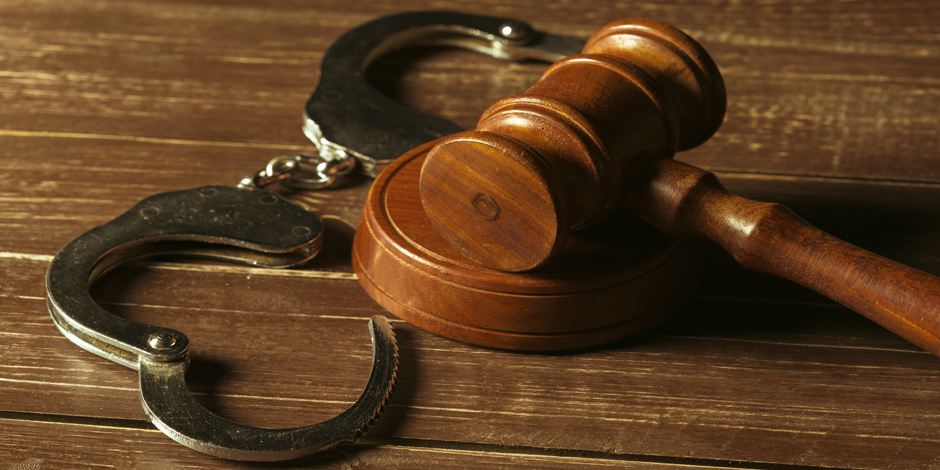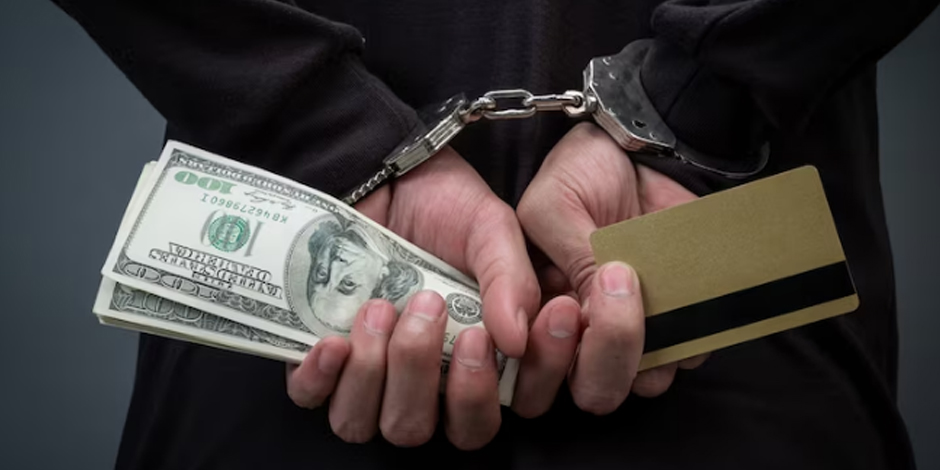Understanding State Bail Bonds: A Comprehensive Guide for Defendants in Broward County
When individuals find themselves state bail bonds facing legal charges in Broward County, Florida, the concept of bail becomes crucial in ensuring their temporary release until the trial. Bonds R Us Bail Bonds, a trusted provider of federal bail bonds, Nebbia proffer bail bonds, immigration bail bonds,
cash bail bonds, notary bail bonds services, warrant removal, and more, aims to provide a comprehensive guide to understanding state bail bonds. This article will explain the basics of state bail bonds, their purpose, and the processes involved for defendants in Broward County.
What Are State Bail Bonds?
State bail bonds, also known as surety bonds, are a form of financial guarantee provided by a bail bond agency to the court on behalf of a defendant. They serve as an assurance that the defendant will appear for all court proceedings as required. When a defendant is unable to pay the full bail amount set by the court, a bail bond agent can step in to post a state bail bond on their behalf, securing their temporary release.
The Purpose of State Bail Bonds
The primary purpose of state bail bonds is to ensure the defendant’s presence in court while maintaining their freedom during the legal process. By posting a bail bond, defendants can continue their daily lives, attend work, and adequately prepare for their case. It is important to note that bail bonds do not absolve defendants of their legal responsibilities; they simply provide an opportunity for them to remain free until their trial.
The Bail Bond Process
When a defendant seeks a bail bond, they will typically contact a reputable bail bond agency, such as Bonds R Us Bail Bonds. The bail bond agent will gather necessary information about the defendant and assess the risk involved. They will then request collateral or a co-signer to secure the bond. Once the bail bond is approved, the agent will post the bond with the court, and the defendant will be released from custody.


Responsibilities of the Defendant
Defendants who have obtained state bail bonds have certain responsibilities to fulfill. They must appear for all court hearings as scheduled and comply with any additional conditions set by the court, such as travel restrictions or mandatory check-ins. It is essential for defendants to understand and adhere to these responsibilities to avoid potential consequences, such as revocation of the bail bond or additional legal issues.
Collateral and Fees
When acquiring a state bail bond, defendants are often required to provide collateral or secure the bond with assets. Collateral can include real estate, vehicles, or other valuable possessions. The purpose of collateral is to ensure that the bail bond agency can recover the bond amount if the defendant fails to appear in court. In addition to collateral, defendants will also pay a non-refundable fee to the bail bond agency, usually a percentage of the total bail amount.
Consequences of Bail Bond Violation
Failure to comply with the conditions of a state bail bond can lead to serious consequences. The court may revoke the bond, leading to the defendant’s re-arrest and confinement until the trial. Additionally, the collateral provided may be at risk of forfeiture if the defendant violates the bail bond agreement. It is crucial for defendants to understand the importance of fulfilling their responsibilities and abiding by the conditions of the bond.
Conclusion
Understanding state bail bonds is crucial for defendants navigating the legal system in Broward County, Florida. State bail bonds provide temporary release while ensuring the defendant’s presence in court. By partnering with a trusted bail bond agency like Bonds R Us Bail Bonds, defendants can secure their freedom and adequately prepare for their case. It is essential for defendants to fulfill their responsibilities and adhere to the conditions of the bond to avoid potential consequences. With this comprehensive guide, defendants can navigate the bail bond process with confidence and clarity in Broward County.
